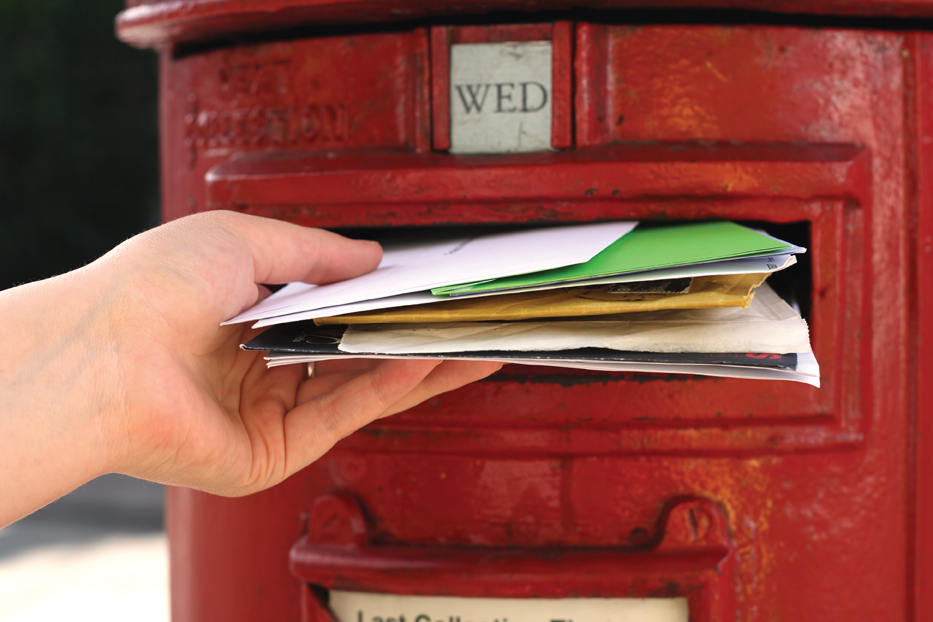Jet setters who are victims of holiday scams are losing an average of £765, a bank’s study finds.
Scams against holidaymakers have risen by 7% in the last year, with fake flights proving to be the most common type of con, followed by the dodgy sales of non-existent caravans.
Those aged between 35 and 44 are most likely to be victims, representing over a quarter (27%) of all holiday scams, according to Lloyds Bank’s research.
Both scams involve the use of social media to trick holidaymakers as they prepare to get away.
For fake flight tickets, fraudsters take advantage of the surge in families looking at places on social media, rather than established airlines, to find a deal.
Fake ads on Facebook Marketplace prevalent
Con artists use fake ads with cheap prices, claiming it is a legitimate ticket they can no longer use themselves.
With this scam, they claim all that needs to be done is a change of name on the ticket, which can be done for free and request a seemingly reasonable fee for the purchase.
But, once the money is transferred, the scammer will be uncontactable.
The same online destination is where caravan sales occur, but this time using online marketplaces. Facebook Marketplace is a hotbed of fake ads for motor homes and is the place where almost half (49%) of all holiday scams begin.
Beware of Airbnb and Booking.com scams
For motor home scams, the fraudster lists images of caravans to present a good deal, only for the same fate as the fake flight ticket to occur.
As well as social media, there is a spout of ads on popular services, including Airbnb and Booking.com.
With cons about fake listings, a deposit will be requested through the app or website, but further payments will be requested in the future, either wanting a bank transfer or the use of PayPal for the transaction.
Ahead of the summer months, Liz Ziegler, Fraud Prevention Director at Lloyds Bank, warned holidaymakers that fraudsters “are always on the lookout for ways to take advantage of those looking for a good deal to get away.”
‘Always use your card over bank transfer’
Ziegler said: “Whilst legitimate cheap flights and beautiful holiday homes are definitely out there, it’s important people take steps to ensure they are purchasing something that is real.
“For example, Facebook Marketplace is probably not the best place to find flights for your next holiday. And often, when things seem too good to be true, it’s because they are.”
“Always take the time to think about purchases you make online, and when in doubt, always book through a trusted retailer. When it comes to booking stays, always use your card and don’t be fooled by hosts asking you to ignore the website rules and transfer money directly to them”, Ziegler added.
Here are seven tips to avoid being hit by a holiday scam this year, courtesy of Lloyds Bank.
Seven tips to avoid holiday scams
- Purchase tickets and hotel stays from trusted retailers. Or, even better, direct from the airline or hotel. When booking stays, look for valid reviews on websites such as TripAdvisor.
- Always use your debit or credit card. This helps to protect your money should something go wrong.
- Only use official payment systems. When booking stays through websites such as Airbnb and Booking.com, only pay through their systems. Do not transfer any money directly to the host.
- Contact the booking agent directly. If you’re booking a hotel through a third party – like Booking.com – and receive what appears to be a message from the hotel asking for more money, after the original booking has been confirmed, do not pay this without contacting Booking.com or the hotel directly using the contact details on their websites.
- Be cautious on social media. You don’t know if the user or what they’re selling is genuine and have few ways of checking. If buying a caravan or motorhome, always see the item in person before handing over any form of deposit.
- Don’t succumb to pressure. If a seller is trying to rush you, or bombarding you with messages, take a step back and question their keenness, as this is likely to be pressure selling.
- Pay attention to warnings. Your bank is likely to provide a warning when you set up a new payee or make an unusual payment. Be sure to follow any advice provided.





